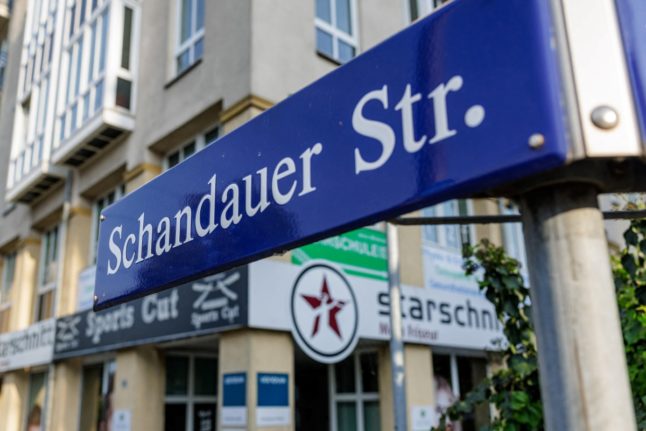The teenager reported to police in the eastern city of Dresden early Sunday morning and said he was “the perpetrator who had knocked down the SPD politician”, police said in a statement.
Matthias Ecke, 41, European parliament lawmaker for Chancellor Olaf Scholz’s Social Democrats (SPD), was set upon by four attackers as he put up EU election posters in Dresden on Friday night, according to police.
Ecke was “seriously injured” and required an operation after the attack, his party said.
Scholz on Saturday condemned the attack as a threat to democracy.
“We must never accept such acts of violence,” he said.
Ecke, who is head of the SPD’s European election list in the Saxony region, was just the latest political target to be attacked in Germany.
Police said a 28-year-old man putting up posters for the Greens had been “punched” and “kicked” earlier in the evening on the same Dresden street.
Last week two Greens deputies were abused while campaigning in Essen in western Germany and another was surrounded by dozens of demonstrators in her car in the east of the country.
According to provisional police figures, 2,790 crimes were committed against politicians in Germany in 2023, up from 1,806 the previous year, but less than the 2,840 recorded in 2021, when legislative elections took place.
A group of activists against the far right has called for demonstrations against the attack on Ecke in Dresden and Berlin on Sunday, Der Spiegel magazine said.
According to the Tagesspiegel newspaper, Interior Minister Nancy Faeser is planning to call a special conference with Germany’s regional interior ministers next week to address violence against politicians.



 Please whitelist us to continue reading.
Please whitelist us to continue reading.
Member comments